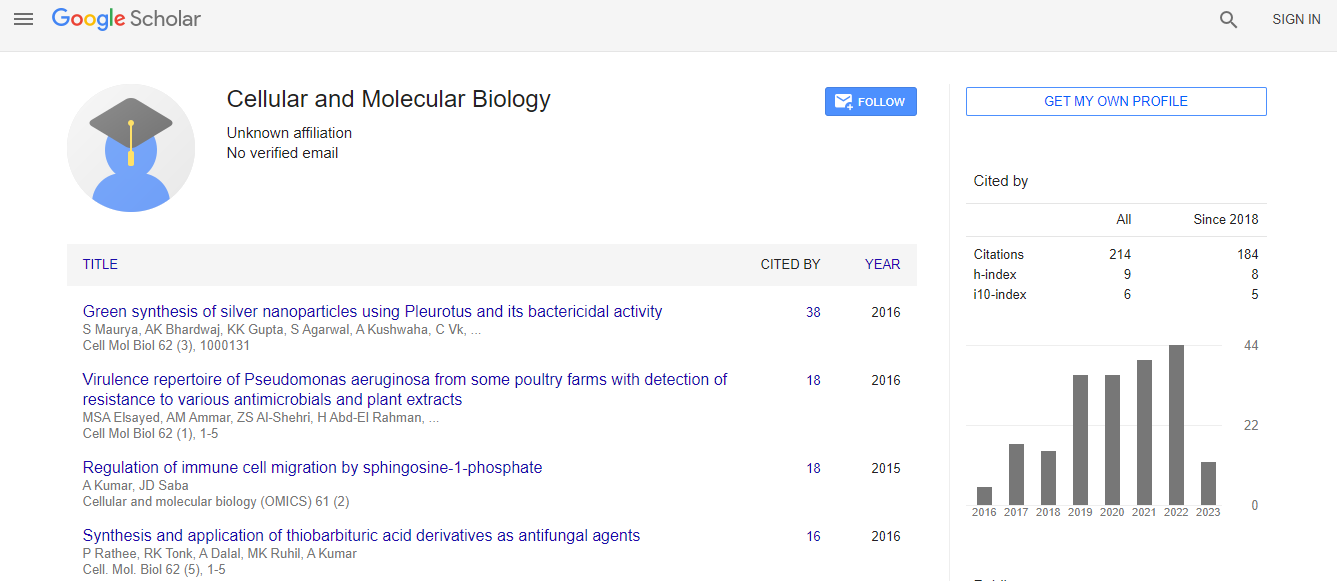Cellular Immunity in Patients: An Overview
*Corresponding Author:Received Date: Nov 01, 2024 / Published Date: Nov 30, 2024
Copyright: © 0 . This is an open-access article distributed under the terms of the Creative Commons Attribution License, which permits unrestricted use, distribution, and reproduction in any medium, provided the original author and source are credited.
Abstract
Cellular immunity is a critical component of the adaptive immune response, primarily involving T cells, natural killer (NK) cells, and antigen-presenting cells. This overview examines the mechanisms underlying cellular immunity, including T cell activation, differentiation, and the role of cytokines in orchestrating immune responses. It further explores how cellular immunity is affected in various patient populations, such as those who are immunocompromised, suffer from autoimmune diseases, or are diagnosed with cancer. In immunocompromised patients, cellular immunity is often diminished, leading to increased susceptibility to infections. Conversely, in autoimmune conditions, dysregulation of T cell activity can result in self-targeting. In cancer patients, tumors can evade immune detection, necessitating innovative immunotherapies to restore immune function. Understanding the intricacies of cellular immunity across different patient populations is vital for developing targeted therapeutic strategies, ultimately improving patient outcomes and advancing the field of immunology.

 Spanish
Spanish  Chinese
Chinese  Russian
Russian  German
German  French
French  Japanese
Japanese  Portuguese
Portuguese  Hindi
Hindi 
